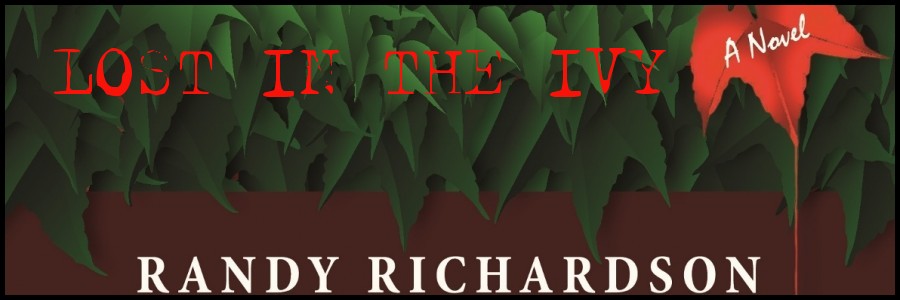Opening the "Sliding Doors" to Fiction Writing
 Tuesday, September 19, 2006 at 11:52PM
Tuesday, September 19, 2006 at 11:52PM The 1998 movie "Sliding Doors" opens with a young Londoner, Helen (Gwyneth Paltrow), running to catch the Tube. The doors are closing.
Anyone who commutes by train is familiar with this scene and knows the drill. You either catch it or just miss it – and dejectedly wait for the next train.
In "Sliding Doors," however, it's not an either/or event. Helen splits into two people, one of whom makes the train and catches her boyfriend in bed with the other woman. The other misses the train and returns home just after the mistress has left.
The scene serves as a device to illustrate how situations – even everyday ones, like catching a train – can alter one's reality. Helen's life could follow completely different tracks, depending on whether or not she catches that train.
As a fiction writer, I see those sliding doors, in a metaphorical sense, all the time.
There are scenes in my life that play in my head over and over again, like a broken record. They are the ones that have had a profound and lasting impact on me. Oftentimes, I wonder how these scenes might have turned out differently – how I might have turned out differently – if only I had kissed the girl, caught the baseball, or taken a right turn instead of a left.
Personal experiences inspired me to write my debut novel, "Lost in the Ivy," and the novel that I am currently working on. In "Lost in the Ivy," the inspiration was the death of a neighbor. A thought occurred: What if the shy, unassuming neighbor became a suspect in his murder. The inspiration for my current work was a teen car accident. Again, a thought occurred: What if that accident provoked an act of revenge or retaliation.
The seeds are planted, and from those real-life experiences, a fiction grows. The reality that I'd known is turned upside down. Sometimes it gets twisted. Other times it gets stomped on and beaten to a bloody pulp. And when it's finally cleared from my head, I have a novel.
In "It's a Wonderful Life," George Bailey receives the gift of seeing how the world would be without him in it. Fiction writing has similarly given me the gift of being able to see how my own life might be different, if altered ever so slightly.


Reader Comments